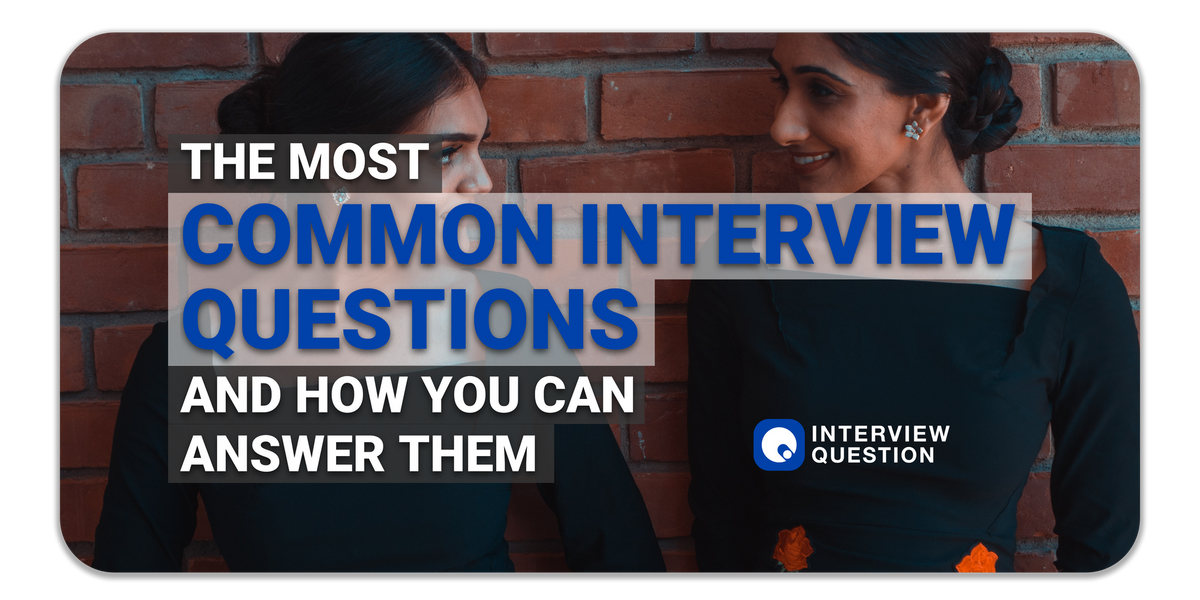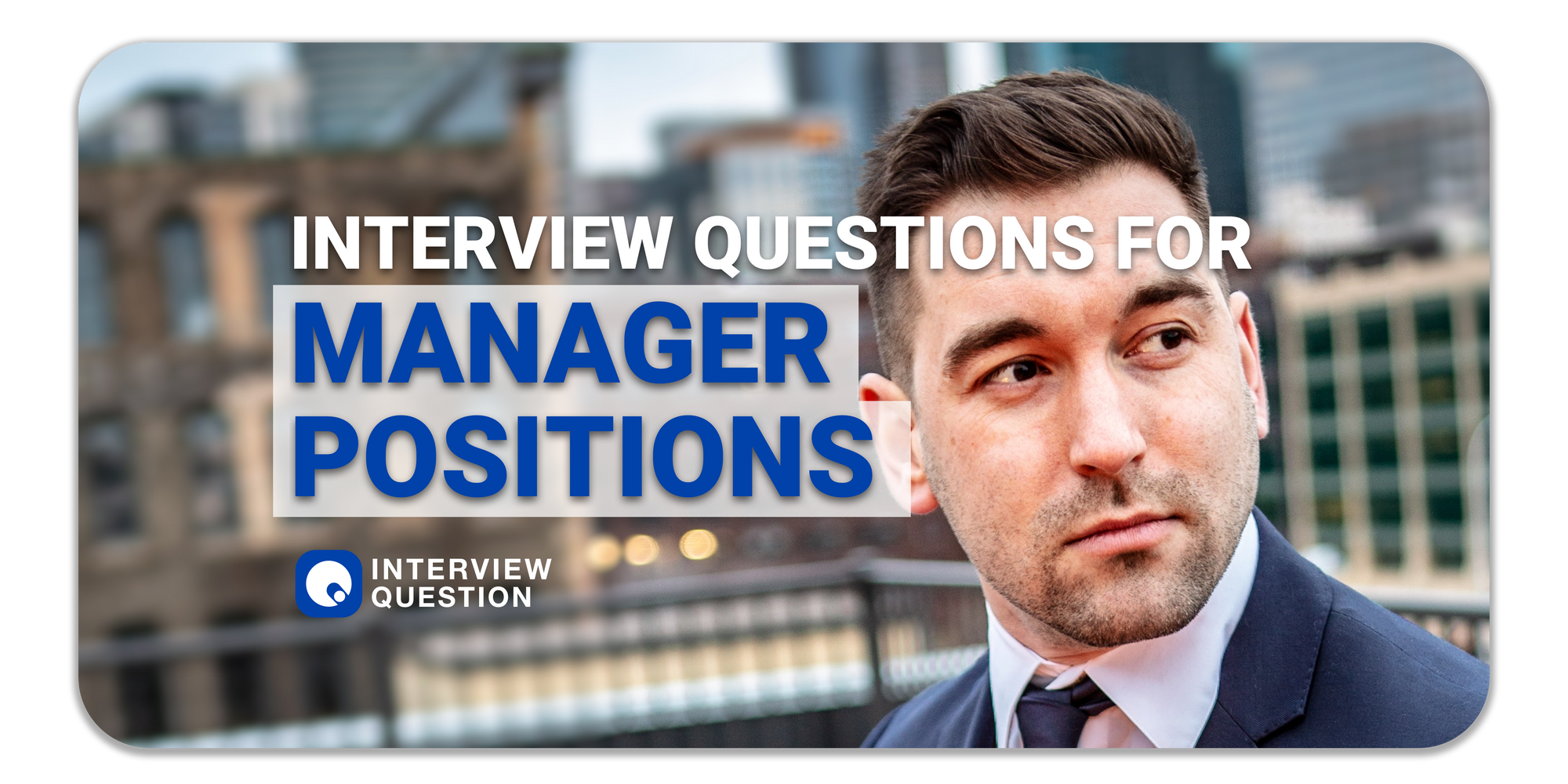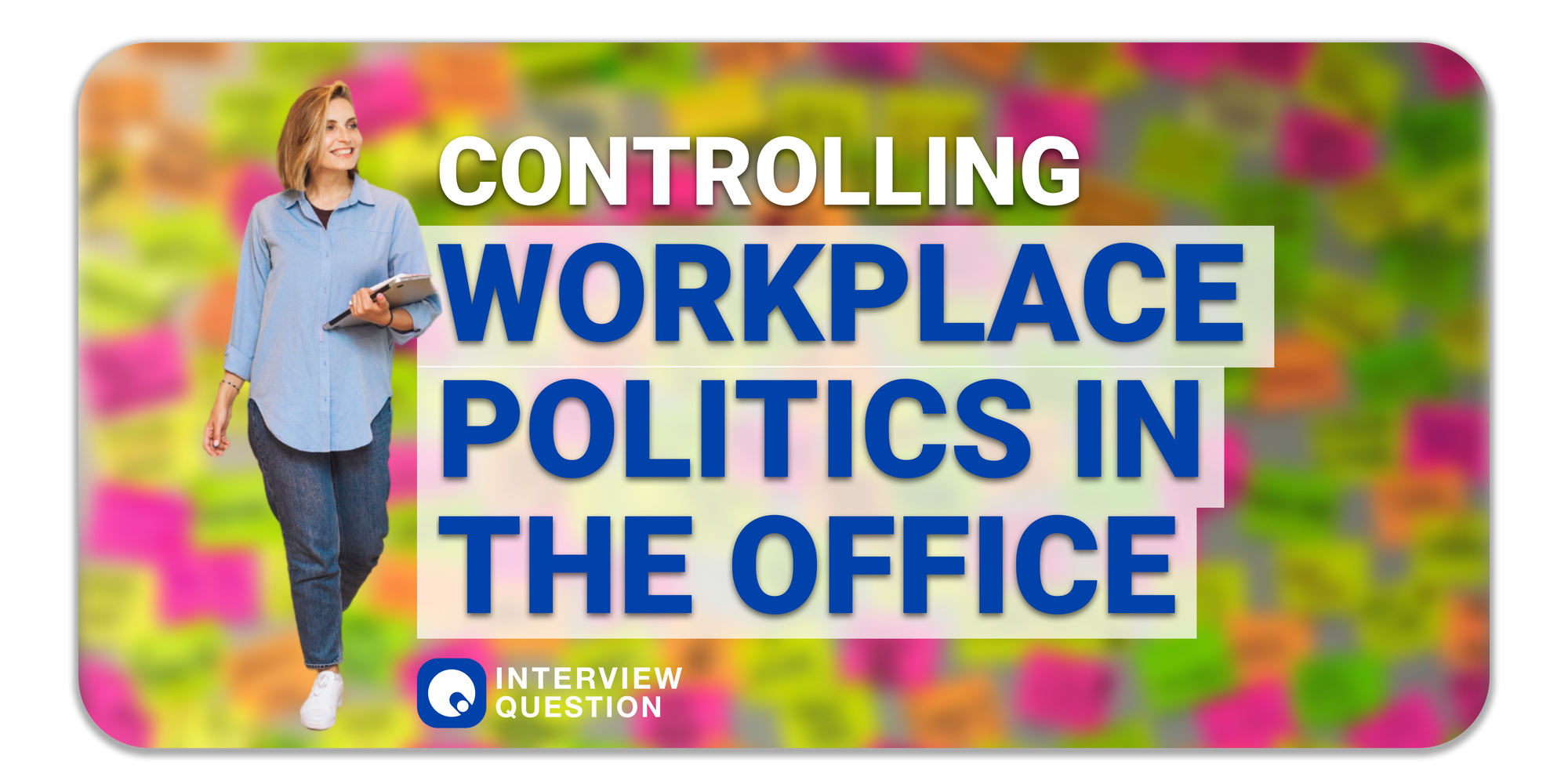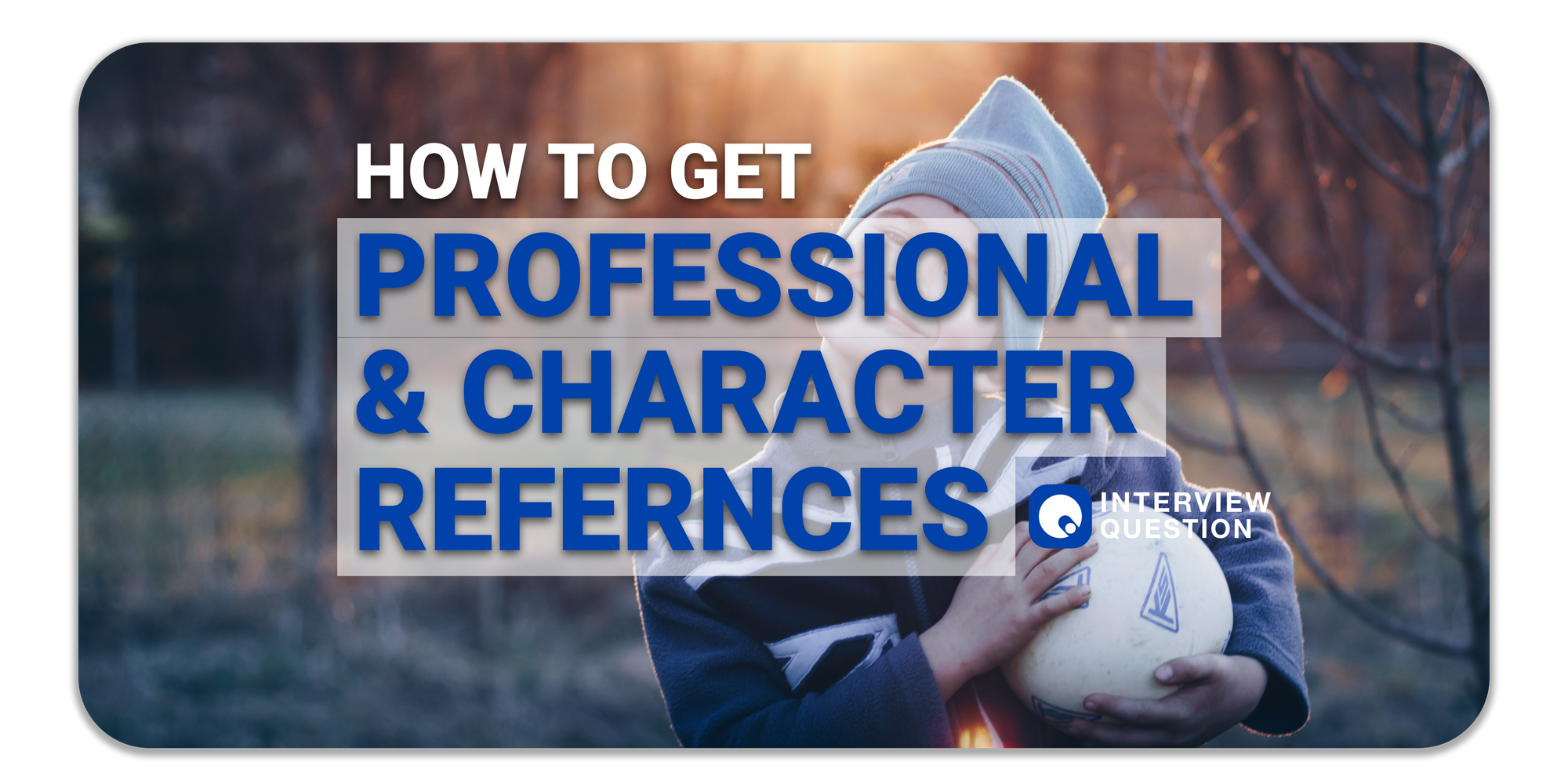The Most Common Interview Questions and How You Can Answer Them

If you’re going to land a new job, you might have to speak with your interviewer before getting on the job. But what are they looking for? And how can you adroitly answer these questions so that the interview gets off on the right foot? These are some of the most common interview questions that an interviewer will ask and how your answer can be tailored for success.
The most common interview questions:
Question 1: Tell me about yourself.
If this was the only question asked, it would be easy. Come up with a quick and simple one-paragraph biography. But most interviews are not so simple. They are more like an interrogation where being nice isn’t always going to help you.
Write out an honest overview of who you are, what makes you tick and what skills you possess that could give your interviewer an insight into how they can get the most from your abilities in the workplace.
Question 2: Why do you want this job?
This question can be a tricky one. Wait for the interviewer to give you an opening before answering because they might not want you to answer.
Some interviewers will also try and push you to go further into your thoughts on the subject, which often leads to revealing more personal information such as what is stopping you from choosing a specific job and which attributes are most important to them.
Question 3: Why should we hire you?
This is an important question as it’s not enough to simply be able to tick the right boxes and then say, ‘here are five good reasons why you should hire me.’ You need to be able to explain why the job is a good fit for you and show that there is a connection between the skills that you have and what they need from you in their organization. This shows that you are really interested in finding out about the role and all you want.
Make sure that you say things and behave in a manner aligned to what's written in your job description. A manager shouldn't act like a newbie and a entry-level staff shouldn't act like a wise-ass.

Question 4: What do we have to do to get along?
This is another tricky question, which can often get people talking too much.
It is important to put effort into making sure that you are on the same page as your interviewer. Make it clear how much you want to be part of the organisation and how much you want to work with them.
Question 5: What do people dislike about working with you?
This is a little bit of a trick question because interviewers won’t expect an honest answer. They are trying to get under the surface and see if there is anything that would make it difficult for someone to work with you when they have no choice but to do so.
Show that you can be flexible and work with them on issues that affect your day-to-day work.
For example, if they can’t trust you to deliver work on time, explain how you can set up your schedule so that they don’t have to worry about it or have the pressure of letting a deadline slip.
Question 6: What makes you a good team player?
This question is based on the assumption that everyone wants to be part of a good team. Show them how you would fit into the role and what kind of person they could get along with. This shows whether you are able to take advice from others and think about their needs first, which is essential for being a good team player.
Question 7: What are your biggest weaknesses?
Interviewers will always want to know what your biggest weakness is. It’s a fair question as it shows that the interviewer is trying to get an insight into who you are and how you can deal with being part of a team. Before answering this question, give yourself some time to think about it. You don’t want to offer up something that isn’t true as this will make them doubt your answer. Instead, explain what you see as a weakness and how you are working on improving it so that they won’t have any cause for concern when working with you in the future.
Question 8: What are your strengths?
Interviewers will want to know what makes you the best person for the job. While you might be questioning them about what they want from you, remember that they are also trying to find out what they can get out of you.
Think about becoming part of a team and provide examples of where you have been able to work with other people and help each other in order to get something done.
This shows that you will be a good team player on top of being an independent worker who is able to complete all of their tasks in a timely manner.
Question 9: Tell me about your last performance review.
You need to be prepared for this question as well. If you already have something prepared in advance, it will make it easier to explain what the employer can expect from you.
Keep it short and focused on positive aspects of your work to show that you are ready to move forward and offer new things for them to enjoy.
Question 10: What was the biggest work-related problem you faced?
This is another question that you need to prepare for in advance. You don’t want them seeing any big issues with your previous employers and thinking that they could face the same problems working with you.
Try and pick a problem that you found challenging but which you were able to solve. By showing them how you could overcome the issue, it will tell them that they can expect you to be able to handle work-related problems on your own.

Question 11: What do your references say about you?
The interviewer doesn’t want to take your word for it when it comes to previous work and education. This question shows that they feel like they need more information so that they can make a better decision about whether or not they want to hire you.
Before you answer this question, make sure that you have the names of your references and what they will say about you. It’s better to have prepared answers for this one in advance to avoid looking unprepared.

Question 12: What do you want to do with your career?
You need to be able to show that you are able to see yourself working towards a goal and it is important that the interviewer is aware of this too so that they know what they can expect from you in the future.
It’s important that you don’t feel like you have to answer this question unless you feel comfortable with the organisation and job role.
Conclusion
By following the tips in this article, you will be amazed at how much more you are able to say about yourself during an interview. You will look like a professional and be able to demonstrate your skills and expertise to the best of your ability.
These 12 questions and answers for job interview are actually quite simple and shouldn’t take too long to think up. The ones you need to change are based on what the interviewer wants so it’s important that you keep that in mind throughout your interview.

